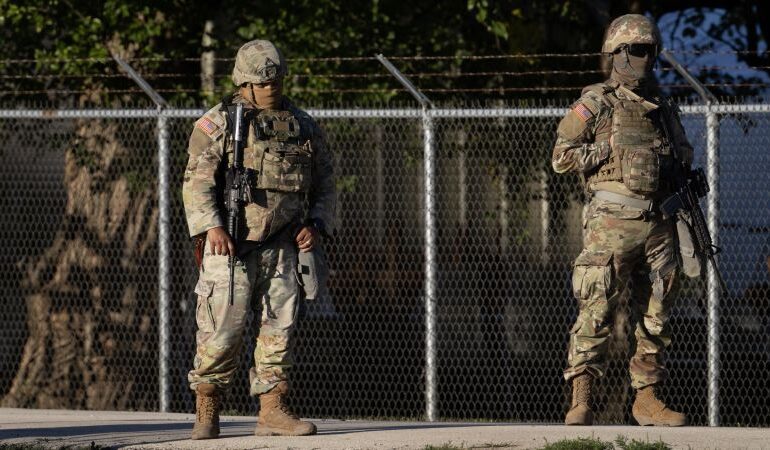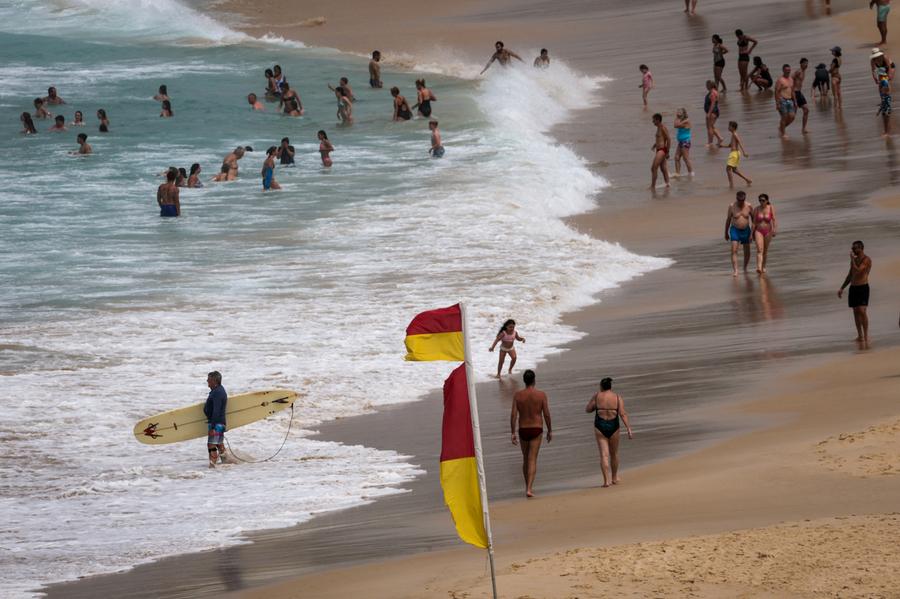Court Rules Illinois National Guard Troops Remain Federalized

A federal appeals court has ruled that National Guard troops in Illinois can remain under federal control but are prohibited from being deployed. This decision comes as the legal battle continues between the Trump administration and the state of Illinois over the deployment of these troops. On March 9, 2024, the court agreed to temporarily pause part of a lower court’s order that had halted the deployment of National Guard troops for two weeks.
The ruling states, “Members of the National Guard do not need to return to their home states unless further ordered by a court to do so.” This order provides a temporary reprieve for the troops as the appeals process unfolds.
Earlier this week, the Trump administration filed a notice of appeal against a decision made by U.S. District Court Judge April Perry. Judge Perry had granted a temporary restraining order blocking the deployment of National Guard troops in Illinois. Her ruling followed a lawsuit filed by the state of Illinois and the city of Chicago on March 4, 2024, challenging the federal government’s actions regarding the deployment.
The legal dispute centers on the extent of federal authority over state National Guard units. Historically, National Guard troops can be federalized in times of national emergency, but the state maintains some control over their deployment. The Trump administration’s attempt to deploy these troops to Chicago has sparked controversy, with state officials arguing that the deployment was unnecessary and infringed on state rights.
As the situation develops, the federal appeals court’s decision reflects ongoing tensions between state and federal authorities regarding the use of National Guard troops. The ruling is a significant moment in the legal proceedings and has implications for how National Guard units are managed during times of conflict between state and federal interests.
The outcome of the appeals process will likely have lasting effects on the relationship between the state of Illinois and the Trump administration, as both sides prepare for further legal challenges.






